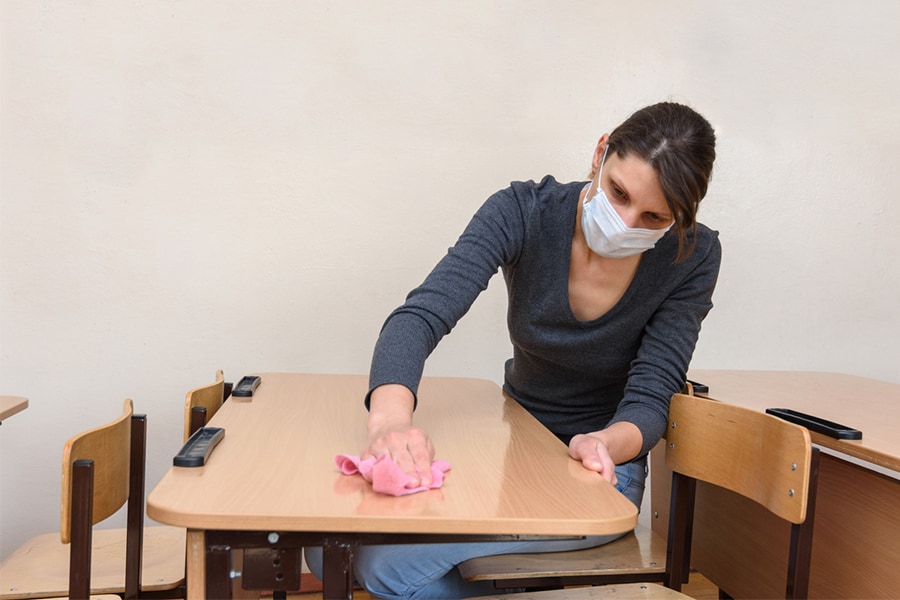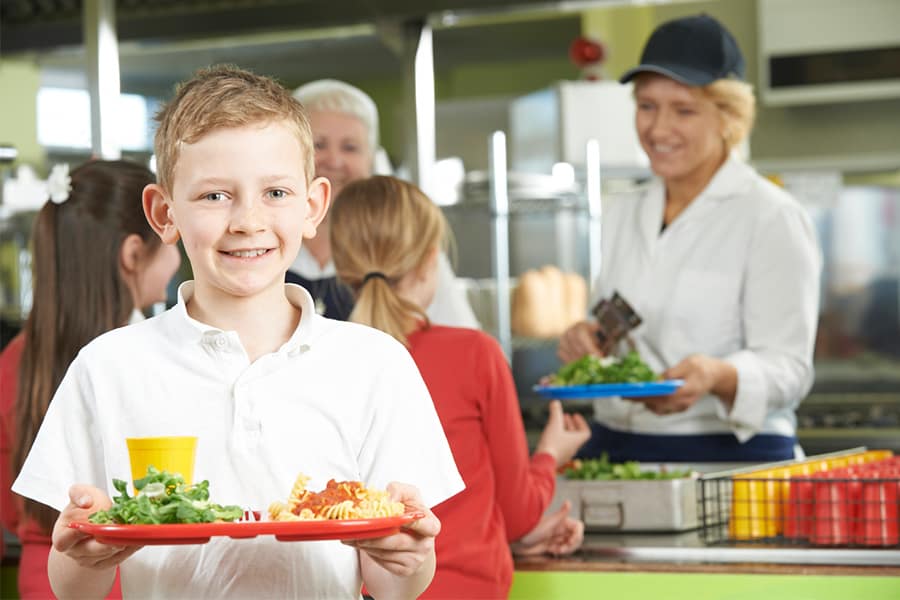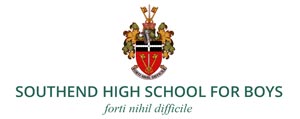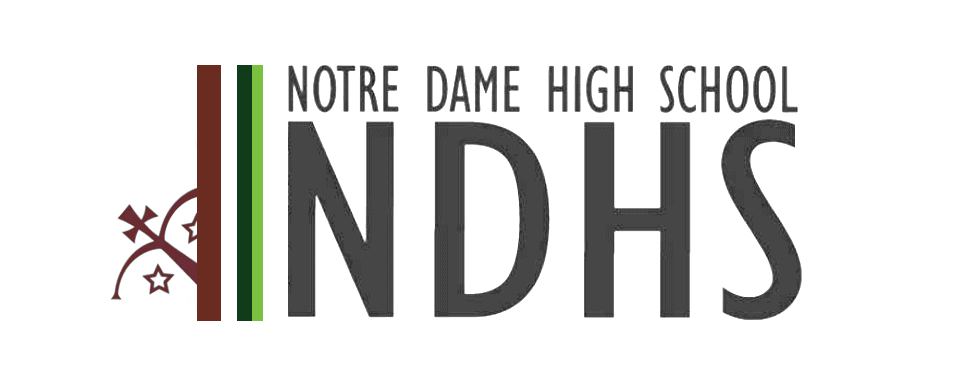Why is it important to go cashless?
Even though many of us are able to work from home during the quarantine period, it is important to remember that schools remain open to the children of key workers.
Schools without an online payment system continue to use cash payments, which presents a risk to parents, staff and children. Cashless forms of payment are being encouraged by authorities when possible, which could potentially slow down the spread of coronavirus.
A recent study by The New England Journal of Medicine found that the virus can live on many surfaces for significant periods of time. This includes up to 72 hours on plastic and steel, and 24 hours on cardboard. Due to the nature of passing bank notes, there is certainly a risk amongst schools which aren’t entirely cashless. Many schools are also unable to establish how many meals are needed on any given day, which can also create issues of food wastage.
What can we do to negate these risks? What technology is available?
Schools now have the option to use an online payment provider, eliminating the need for money envelopes, loose cash and consent slips. Now is the perfect time to set schools up and implement our modern solution, saving both time and money in the process.
PayPoint and the role it can play
PayPoint provides those without access to online banking or other online facilities to top up their account when they need to. Parents and guardians can top up in person at over 28,000 locations in the UK whether that be; supermarkets, post offices, petrol stations or corner shops. This extra capability could prove to be essential during the coronavirus pandemic, and schools should be taking forward-thinking opportunities in order to help flatten the curve. By enabling PayPoint schools which currently still take infrequent deposits of cash can become entirely cashless.









